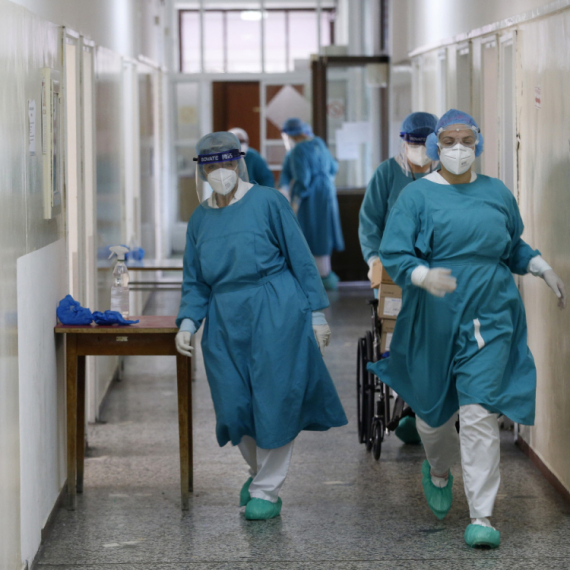The new weight loss drug Wegovy, containing semaglutide, has become increasingly popular among American teenagers struggling with obesity. Prescriptions for the drug to children aged 12 and older have increased by 50% in the past year, although the number of users is still small compared to the total number of obese adolescents. Doctors prescribe it as an addition to lifestyle changes when those are insufficient. However, there are concerns about the long-term safety of the drug, especially regarding metabolism and growth in children. Novo Nordisk states that trials have not shown negative effects on puberty development. This trend comes amid rising obesity rates among youth in the US, increasing the risk of chronic diseases such as type 2 diabetes and cardiovascular diseases.
Political Perspectives:
Left: Left-leaning sources emphasize the health crisis of obesity among American teenagers and support the use of medical interventions like Wegovy as necessary tools alongside lifestyle changes. They highlight the importance of addressing obesity to prevent chronic diseases and support the cautious but positive view of new medical treatments, while also calling for more research on long-term safety.
Center: Center-leaning sources report on the increasing use of Wegovy among teenagers as a response to the obesity epidemic, presenting balanced views on the benefits and concerns. They focus on the statistical increase in prescriptions, the medical recommendations, and the ongoing debates about safety and efficacy, providing factual information without strong bias.
Right: Right-leaning sources tend to emphasize skepticism about the safety and long-term effects of weight loss drugs like Wegovy on children and teenagers. They may highlight concerns raised by critics and experts about potential risks to metabolism and growth, questioning the rush to medicalize obesity and advocating for lifestyle changes as the primary solution.
















































